Over time a business will mature, scale, diversify or niche; either way, things don’t stay the same. To stay relevant and project clarity, you need to:
- Be sure who your audience and segments are
- Be clear on what you offer
- Be confident in your mission, vision and values
Performing a website content audit to find outdated content is an essential part of this process.
In Summary:
- Google’s Helpful Content Update prioritises fresh content – even great new content gets dragged down by poor existing content and website bloat.
- Outdated info makes you look unprofessional, and trust is non-negotiable for ranking in both search engines and AI.
- If new content competes with old for the same keywords it hurts both pieces.
- The average pageview creates 0.5g CO2. Unnecessary pages mean unnecessary carbon costs, especially for sustainability-focused businesses.
- A regular content audit results in clean content that ranks better, improved user experience, identifies content gaps, and lets you refresh high-potential content instead of always creating new.
What Is a Content Audit?
Simply put, a content audit reviews all the content on your website in a systematic way to check it is:
- Relevant to to current business goals
- Performing well (looking at traffic, conversions, and performance in search engines)
- Accurate and high-quality: It’s not outdated or thin
- Adds value to the website from an SEO perspective; either through traditional keyword angles or through E-E-A-T principles
A content audit is absolutely vital to your content strategy to prevent adding articles to your site that won’t move the needle. For purpose-driven businesses, especially in the education, social housing, and sustainability sectors, content creation that aligns with values is critical.
The Hidden Costs of Ignoring Your Content: Or, Why You Must Kill Your Darlings
Decreased Search Engine Rankings
- Google’s Helpful Content Update prioritises fresh, relevant content
- Even great new content gets dragged down by poor existing content
- Search engines may stop crawling parts of your site if there’s too much “noise”; we call this website bloat
Lost Credibility and Trust
- Outdated content makes you look unprofessional
- For the education sector: Outdated course info or compliance information
- For social housing: Policy changes are not reflected on the site
- For sustainability: Regular policy changes or news stories need to be included in current content
- Trust and credibility is non-negotiable for Google’s E-E-A-T principle, which is an important part of ranking for both search engines and AI
Wasted Marketing Budget
- You’re producing new content while old content competes for the same keywords
- Cannibalisation in the search results ends up hurting both pieces
- Time and money gets spent on creating content that gets buried in your own site, or doesn’t actually serve your business goals
Poor User Experience
- Scattered messaging confuses visitors
- High bounce rates signal to Google your site isn’t what users are looking for
- Visitors can’t find what they need, which results in lost conversions and lost business
Environmental Impact
- The average pageview creates 0.5g CO2.
- For sustainability-focused businesses especially, website bloat has real carbon costs
- Unnecessary pages = unnecessary environmental impact
Not sure if your content is helping or hurting?
What Happens When You Actually Audit Your Content
Improved SEO Performance:
- Clean, relevant content ranks better
- Better crawl efficiency
- Stronger topical authority
- Existing content can be optimised instead of starting from scratch
Better User Experience
- Clear, consistent messaging
- Easy navigation to relevant information
- Both of these result in higher engagement
- Which in turn leads to improved conversion paths
Efficient Content Strategy
- Know what’s working (and then do more of it)
- Identify content gaps
- Understand your audience better through existing data
- Refresh high-potential content instead of always creating new
Resource Optimisation
- Stop wasting time on content topics that don’t perform
- Repurpose and refresh instead of recreating
- Focus budget on what actually drives results
Alignment with Business Goals
- Ensure every piece of content serves a purpose
- Content that reflects current values and offerings
- Clear path from visitor to conversion
Warning Signs You Need a Content Audit
- Your last blog post is 6+ months old
- You're creating new content but not seeing traffic growth
- You've had a rebrand, service change, or strategic pivot
- You have content about products/services you no longer offer
- Your bounce rate is higher than 70%
- You're not sure what content you actually have
- Your messaging feels scattered or inconsistent
- Different teams have created content in silos
- You're in a regulated industry with compliance requirements
- You've never deleted or updated a blog post
Getting Started with a Content Audit
DIY Approach
Good For:
- Small sites, or small content hubs
- Limited budgets
- Marketing managers who have the time to invest
Limitations:
- Time-intensive
- Requires a certain level of technical knowledge
- Could lead to missed opportunities
Professional Content Audit
Good For:
- Larger sites, or those with a big collection of content
- Businesses wanting to take action quickly
- Time-poor teams
Benefits:
- Expert analysis
- Data-driven recommendations
- Implementation support
Your Content Is Either Helping You Or Hurting You
Sadly, there’s no in-between. If your content strategy feels a little like you’re just throwing everything at the wall and seeing what sticks – or worse, not even knowing what sticks – it’s time for a content audit.
Even a basic or top-level audit will reveal surprising insights that might just help you move forward with your content strategy.
The best time to invest in a content audit is before you spend any further resource creating new content. Discover the potential in your own website before you risk diluting your authority and hurting your brand.
It’s a no-brainer, right?
